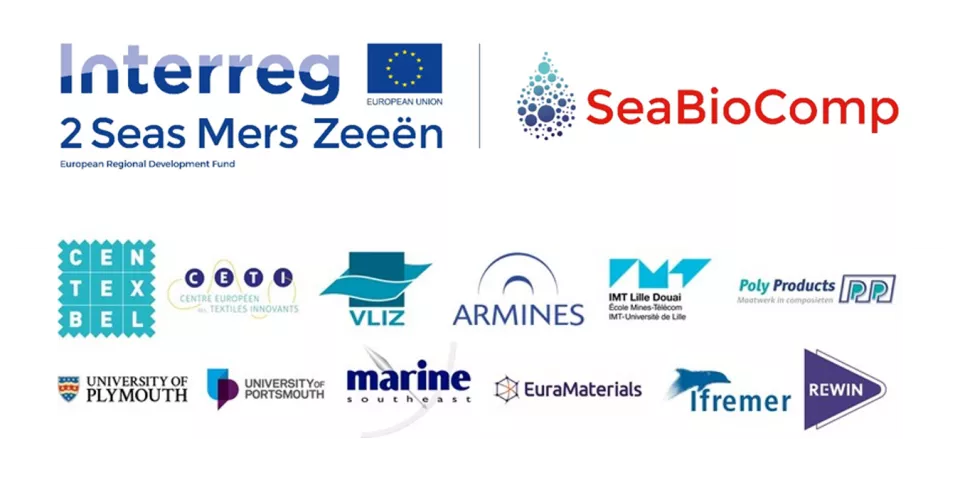SeaBioComp
At present, fossil-based composite materials are exclusively used for ships, floating platforms, anchors, buoys and other gear for fishing, aquaculture and offshore energy. However, the concern about the possible long-term impact of these materials on the marine environment is increasing. Therefore, there is a growing demand for renewable materials that are not only better for the environment and climate, but at the same time match the technical performance of their fossil-based competitor in an aggressive marine environment. It is a major challenge to combine both aspects.
The SeaBioComp project takes up this challenge and aims to develop demonstrators of bio-based composites that can possibly replace the traditional fibre-reinforced composites that are used in the marine and maritime industries. The demonstrators should have the following characteristics:
- tailored durability according to the specific application (from 2 to more than 20 years) of a demonstrator in a marine environment, measured with newly developed analytical methods;
- mechanical characteristics that at least match those of conventional oil-based composites;
- reduced CO2 emissions (30%);
- reduced ecotoxic impact on the marine environment of microplastics, as measures with newly developed analytical methods;
- demonstrated recycling potential of the materials used in the demonstrator.
These characteristics should reduce the total environmental impact (throughout the entire value chain from production to waste processing) by 50% compared to conventional oil-based counterparts. As thermoplastic composites are used, the recycling process is also examined in more detail and translated into a protocol. The demonstrators and analytical protocols the project will provide should convince the marine and maritime industries that bio-based composites can be a realistic and feasible alternative to less sustainable materials.
Partners: VLIZ, Centexbel, CETI, ARMINES, University of Plymouth, Poly Products BV, University of Portsmouth, IFREMER, Marine South East, EuraMaterials and Rewin
With the support of: Interreg 2 Seas



